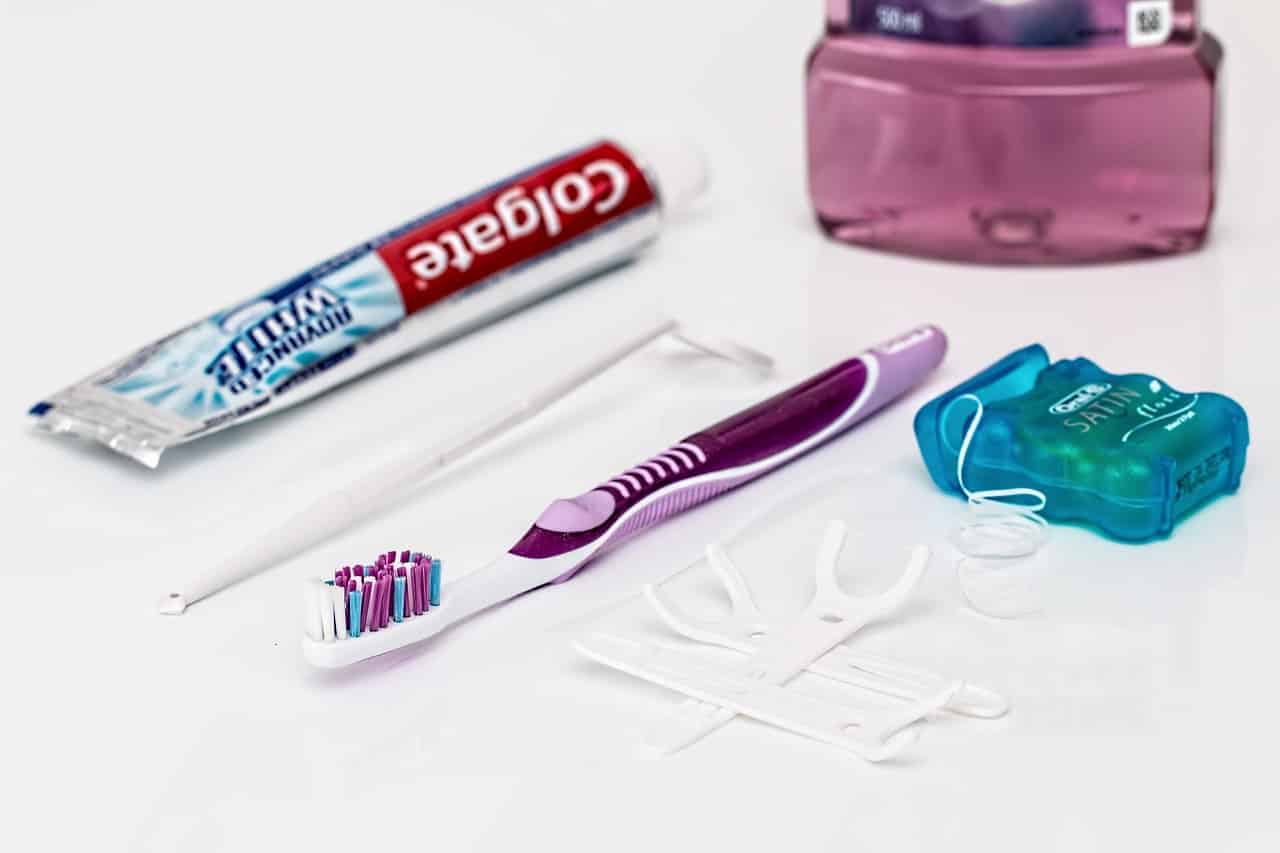At a Loss About Flossing? Here Are the Facts
For decades, flossing has been an essential part of good dental care and oral hygiene as recommended by dentists. Many people may struggle with incorporating it into their daily routine, but it was almost universally acknowledged an essential foundation of good dental health.
That is, until a controversial report from the Associated Press in August 2016 announced that there is no proven medical benefits from flossing.
Flossing Doesn’t Really Work?
The AP’s findings revealed that there was no evidence backing up the government’s flossing recommendations, and that most studies examining the effectiveness of flossing were inconclusive or poorly conducted.
Lots of people who hate the habit breathed a sigh of relief, but is flossing really useless? Dentists were quick to respond, and according to the professionals, it’s not time to toss the floss.
What Dentists Have to Say
Dr. Matthew Messina, spokesperson for the American Dental Association, said that the problem isn’t with flossing itself, but just with the research conducted. “Not a lot of effort has been put into the study of dental flossing,” he admitted, explaining that it hasn’t been worth the research dollars and effort because the importance of flossing is obvious. “Nobody’s done a study to say that using a parachute jumping out of an airplane is safer than not using a parachute,” he said, putting it in perspective. “I’m still going to use a parachute, because we just know that that’s going to work.”
Conducting quality research studies is expensive and time consuming; basically, the effectiveness of flossing was never questioned enough to justify expending resources to study it. Considering that floss reaches surfaces of the tooth that otherwise can’t be touched by brushing, it’s easy to understand why dentists consider this practice common sense.
What Does Flossing Do?
Flossing removes food particles that may have become stuck between your teeth, helping to prevent and dislodge plaque buildup. Flossing regularly prevents gum inflammation and disease. It also protects teeth against decay by removing bacterial biofilms that form around the teeth.
The majority of dentists agree that they can tell whether a patient does or doesn’t floss, and that the empirical evidence clearly shows better gum health in those who do.
But proper flossing technique is important. Dental professionals advise that you move the floss up and down rather than pulling it back and forth in a sawing motion. Flossing incorrectly or too aggressively can hurt the gums. It shouldn’t hurt to floss, but bleeding while flossing is normal if you don’t do it regularly. Flossing tools like floss threaders and interdental brushes can also be very effective.
How often should you floss? Any frequency is better than not flossing at all, but dentists recommend doing it once per day; according to the Colgate Oral Care Center, it’s up to you whether you want to brush first or floss first.
The bottom line, according to the dentistry community, is that flossing is a low-risk and low-cost habit. Whether or not its effectiveness has been proven beyond any doubt, it certainly doesn’t hurt — and can potentially help a lot.

